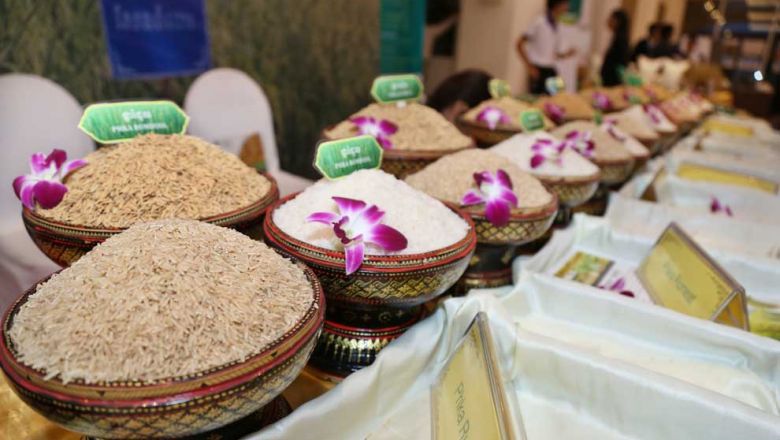
The Battambang provincial Department of Commerce is eyeing two more promising agricultural products typical of the province to register as “collective brands”, in a bid to nurture and preserve the knowledge and traditions of local growers, and provide an ideal springboard for more sightseers to discover previously unexplored localities, according to a senior official.
“Collective brands” are intellectual property (IP) assets based on an underlying ecosystem of businesses, merchants and professionals from the same industry or geographical region that typically pool resources, share information and provide other benefits among members
Registration of these brands is handled by the Ministry of Commerce – along with its subordinate units – which also grants ownership to a managing organisation. Goods produced or services provided by members are conventionally accompanied by a “collective trademark” to distinguish them from analogues offered by non-members.
Provincial commerce department director Kim Hout identified the two new items as the “Battambang pineapple” and “Thma Koul paddy” – or a variety of husked rice that is characteristic of the namesake district just northwest of Battambang town.
He told The Post on March 10 that his department was “ready” to conduct further studies on the two items, and that it plans to register them as collective brands, along with two other products – the “Pursat orange” and “Battambang wax coconut” (or “Doung khtis Battambang”).
Hout commented that the variety of orange was set to be added to the registry, jointly with neighbouring Pursat province to the southeast, and that a consultative workshop has been held on reputation building for the prospective wax coconut collective brand.
However, he said, more stakeholders would have to volunteer and form the supporting communities before the four items could feasibly be registered. Similarly, he added, more seminars will have to be held to spread awareness of the merits of registration for partners in the “Battambang pineapple” and “Thma Koul paddy” scenes.
“The beneficiaries will be the farmers – these products are rare and legacies from the past. On the whole, we’re doing this to maintain value and benefits for them,” he said, stressing that the registration process would proceed “step-by-step”.
For full article, please read here
Author: Nov Sivutha
Source: The Phnom Penh Post
Publication date: 10 March 2022